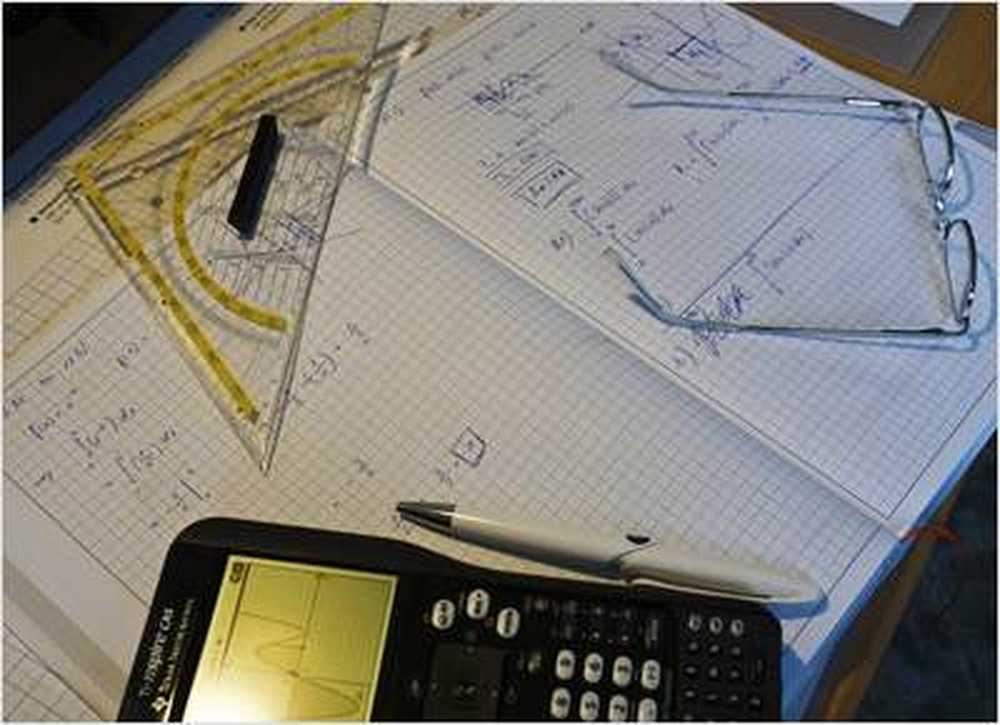Get more done on the job These tips can help

Five tips for work efficiency: Creating more in the job
04/01/2015
Work efficiency and health are linked in numerous seminars: when you work efficiently, you also feel better and in good health you usually do more, and more quickly. Beyond wellbeing, some tips can help to work more efficiently in the job.
Work efficiency and health
Work efficiency and health are often mentioned in the same breath when it comes to health promotion in the job. For many people, the stress and workloads cause health problems anyway, and when the feeling is added at the end of the day, „Nothing“ to have managed, the frustration increases. However, if you are constantly stressed and frustrated and uncomfortable, you will do less in the job. In the course of workplace health promotion, some companies offer stress management programs designed to help counter symptoms of work overload, such as anxiety, high blood pressure or headaches. In leisure time, employees can also take part in relaxation exercises for stress relief, such as yoga or autogenic training. Many can also help if they make their work more efficient. We have five tips for this.

When overworked you usually do not come out alone
The article cites Werner Tiki Küstenmacher from Gröbenzell near Munich, who has already written several books on the topic: „If you cook in too many pots at the same time, it eventually overflows.“ He refers to an example in which too much work in the office - files roll, make phone calls, answer e-mails - wait for employees. He calls this „culture of excess“. Da Affected „rarely out by itself again“ when they are overwhelmed, efficiency traps should be eliminated in the long term, or not even created.
Clean up the desk
The expert advises: „Once everything is down, make the desk completely empty.“ If you also thoroughly clean it afterwards, this underlines that „All-new effect“. Then you can provide structure again: „Look at each pad and ask yourself: Does that really have to be back on the desk?“ Katharina Dietze, organization expert from Schwelm near Wuppertal, explained according to the „world“, that underlays, which still need to be done but are not urgent, can be stored separately. „Put the not so important files in a box and put them in the corner.“ If the opportunity arises, the stacks can then be processed. Both experts recommend daily tidying up, which includes filing the finished, discarding the old and clearing away materials.
Categorization according to important and urgent
The second tip is to distinguish important from unimportant. „Differentiating the many different requirements for urgency is important in order to move forward“, explained Carola Kleinschmidt, author of the topic from Hamburg. The expert recommends the categorization according to important and urgent: „Not everything that matters is urgent. And not everything that is urgent is important.“ Tasks that combine both, which are important and urgent, have the highest priority. A solid organization of the day can help. „For example, set times for your e-mail inbox, nothing is polled or viewed in between“, so Kleinschmidt. In addition, distractions should be avoided in important and urgent operations, such as closing the office door. Even breaks are useful. „If you lose track, go to the door for five minutes and think about what really matters“, advises Küstenmacher.
Reward for the unpleasant
Unpleasant tasks such as a conversation with the boss, a difficult phone call or complicated work are often postponed by many employees. „But does not make the Aufschieberei happy“, says Dietze. Your advice: For difficult things, one should think of the pleasant consequences and offer a reward in prospect. Carola Kleinschmidt recommends small steps: „Think about how to make things more concrete, ask the boss, for example, only after an appointment.“ According to Dietze, fixed times help when unpleasant activities are regularly or even daily on the program: „It's best to do the unpleasant first first, and reward yourself with nice tasks that come afterwards.“
„Not-to-do list“
In many jobs, the work is often unevenly distributed. Some colleagues can work undisturbed while others are much more involved in everyday office life. „Those who are affected can then quickly be confronted with tasks that are not actually part of the responsible area“, so Kleinschmidt. The author recommends: „Consider each new task as a package from the postman and ask yourself: Will and must I accept that?“ Mr. Küstenmacher has good experiences with one „Not-to-do list“ made like that „world“ writes: „Write down all the things you do not want to do in the future.“ No matter if it's about the honorary office for the coffee kitchen or the organization of the company party: „Smoke out all the things that always cost you time and nerves.“
One after the other
For those who master it, multitasking is considered an enormous gain in efficiency. But even if you can accomplish several tasks at the same time and thus saves time, sufferers tire faster and make more mistakes. The Association of German Plant and Factory Physicians (VDBW) had pointed this out years ago. Also Küstenmacher sees multitasking not as a recipe for success: „The really successful people are always focused on just one thing, that's why it gets really good!“ He advises to consistent mono-tasking: „Do one by one.“ The best way to get home satisfied in the evening is to be in the moment and to give top priority to the current activity. „That's the only way to get the good feeling of having done something right.“ (Ad)
Picture: Joerg Trampert


